Meghan Bartels
Meghan is a senior writer at Space.com and has more than five years' experience as a science journalist based in New York City. She joined Space.com in July 2018, with previous writing published in outlets including Newsweek and Audubon. Meghan earned an MA in science journalism from New York University and a BA in classics from Georgetown University, and in her free time she enjoys reading and visiting museums. Follow her on Twitter at @meghanbartels.
Latest articles by Meghan Bartels

James Webb Space Telescope hit by large micrometeoroid
By Meghan Bartels published
NASA's next-generation space observatory has sustained its first noticeable impact less than six months after launch, but the agency isn't too concerned.
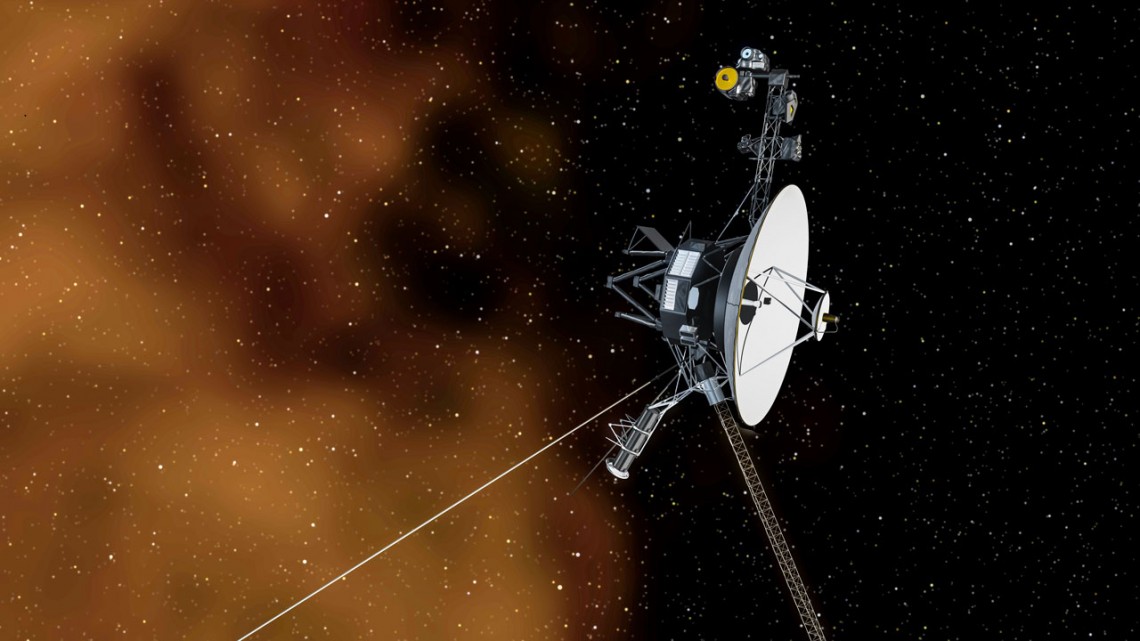
Voyager 1 sends strange signals from beyond the solar system. Scientists are confused.
By Meghan Bartels published
NASA's Voyager 1 space probe sent a confusing signal back to Earth, suggesting the craft doesn't know where it's located.

Around a monster black hole, smaller black holes collide in strange ways
By Meghan Bartels published
Take three black holes and throw them into the disk surrounding a supermassive black hole and things get really weird, really fast.

1st images from NASA's James Webb Space Telescope just released
By Meghan Bartels published
The team behind NASA's James Webb Space Telescope released some of the first images from the much-anticipated observatory on Friday (Feb. 11).

Scorching alien planet takes seasons to an extreme
By Meghan Bartels published
Scientists have gotten a close look at an extreme case of seasons, thanks to a retired NASA telescope.

Comet Leonard puts on a final, spectacular display with ion tail in solar wind
By Meghan Bartels published
Comet Leonard is falling out of view, but not without putting on one last show.

This doomed alien planet has a year that lasts just 16 hours — and it's getting faster
By Meghan Bartels published
Astronomers spotted a new gas giant with the shortest known orbit. The world takes just 16 hours to circle its star — but someday, the dance may come to an abrupt end.
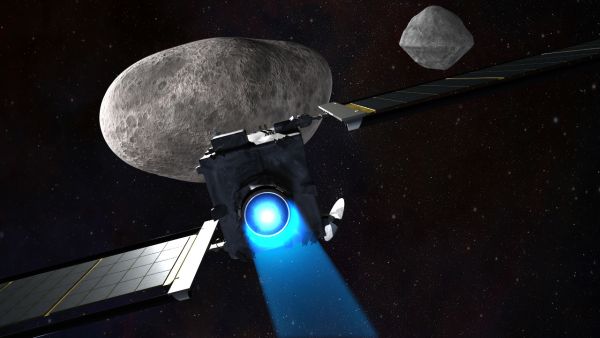
If an asteroid really threatened the Earth, what would a planetary defense mission look like?
By Meghan Bartels published
Someday, tucked away gathering dust in a nondescript warehouse, there will perhaps be a spacecraft waiting to be called to the launch pad, even as its builders pray it never flies.
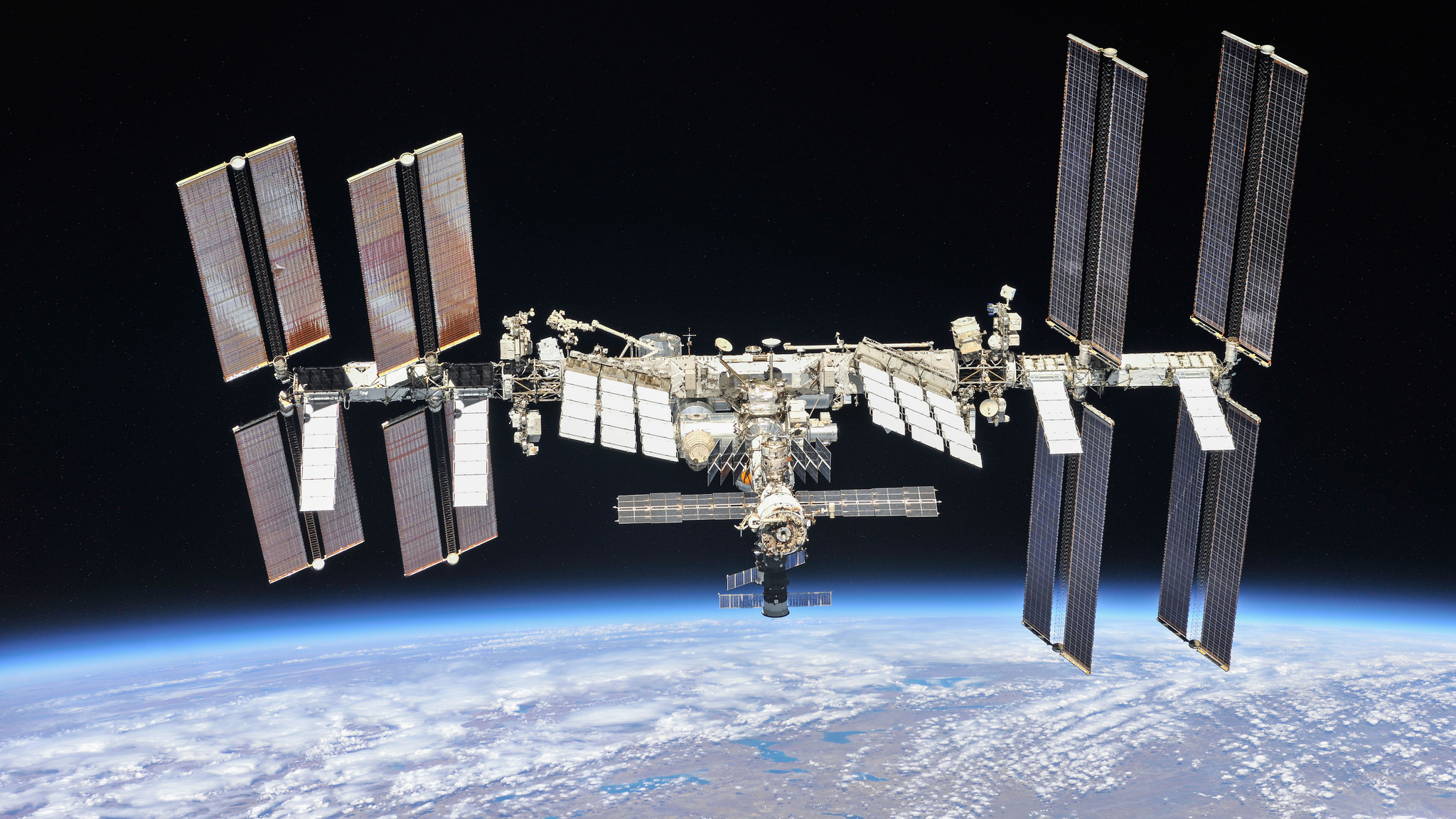
Space debris forces astronauts on space station to take shelter in return ships
By Meghan Bartels published
Seven astronauts were forced to take shelter due to flying space debris.
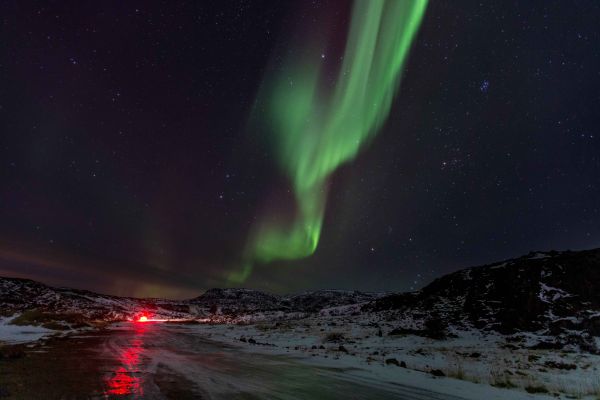
'Cannibal CME' sun storm marks rise of new solar cycle in space weather
By Meghan Bartels published
The sun is waking up — and making sure we all know it.

Jupiter hit by another space rock in rare views captured by Japanese skywatchers
By Meghan Bartels published
It's tough to be the biggest planet in the solar system, and this fall Jupiter is taking a beating.
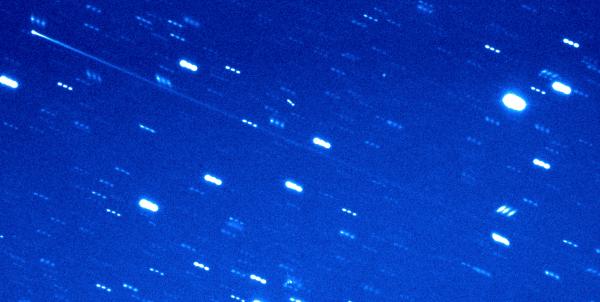
Strange solar system object is part-asteroid, part-comet
By Meghan Bartels published
Scientists have identified a rare solar system object with traits of both an asteroid and a comet.

Climate change is making Earth dimmer
By Meghan Bartels published
Earth is reflecting less light as its climate continues to change, new research suggests.
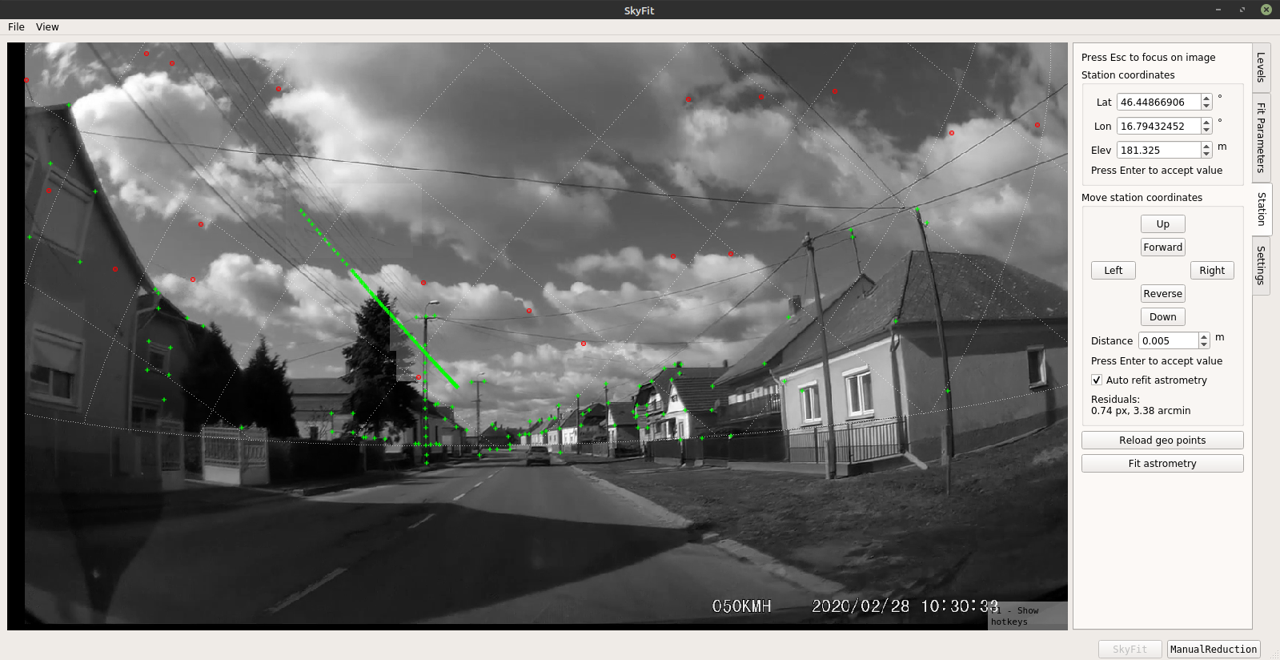
Brilliant dashcam fireball videos help scientists find 3 meteorites in Slovenia
By Meghan Bartels published
Brilliant dashcam fireball videos help scientists find 3 meteorites in Slovenia

Congress to NASA: What comes after the International Space Station?
By Meghan Bartels published
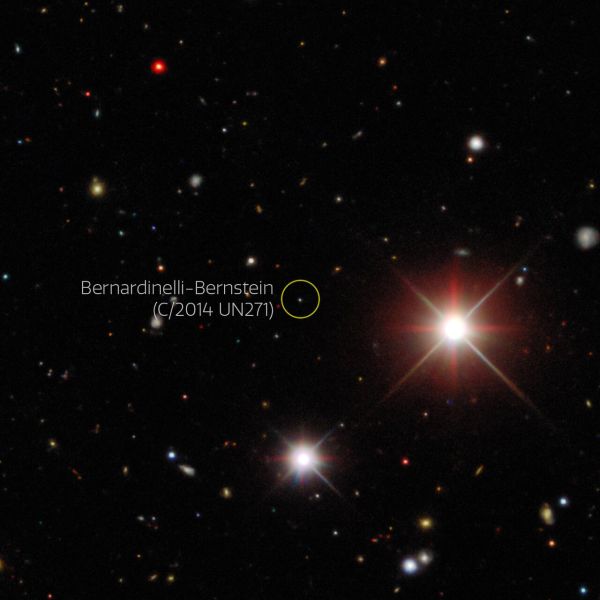
The 'megacomet' Bernardinelli-Bernstein is the find of a decade. Here's the discovery explained.
By Meghan Bartels published
The scientists that found Comet Bernardinelli-Bernstein are an unlikely pair.
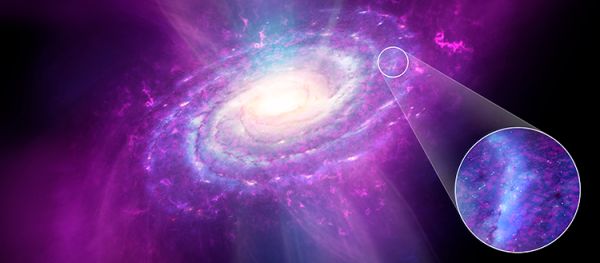
Our Milky Way galaxy isn't very well mixed, study suggests
By Meghan Bartels published
Our galaxy isn't as thoroughly mixed as scientists sometimes assume, according to a new study.
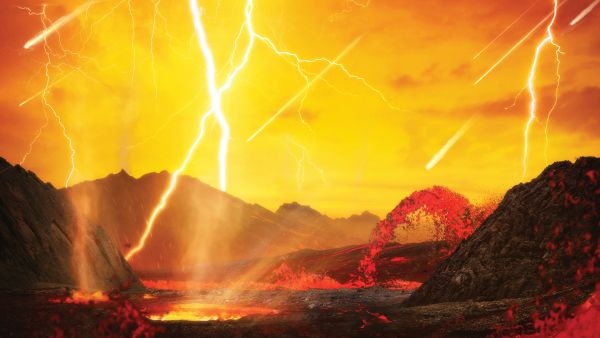
Venus and a newly discovered comet will cross paths in December. Will sparks fly?
By Meghan Bartels published
Venus is Earth's twisted twin in so many ways, what about on the skywatching front?
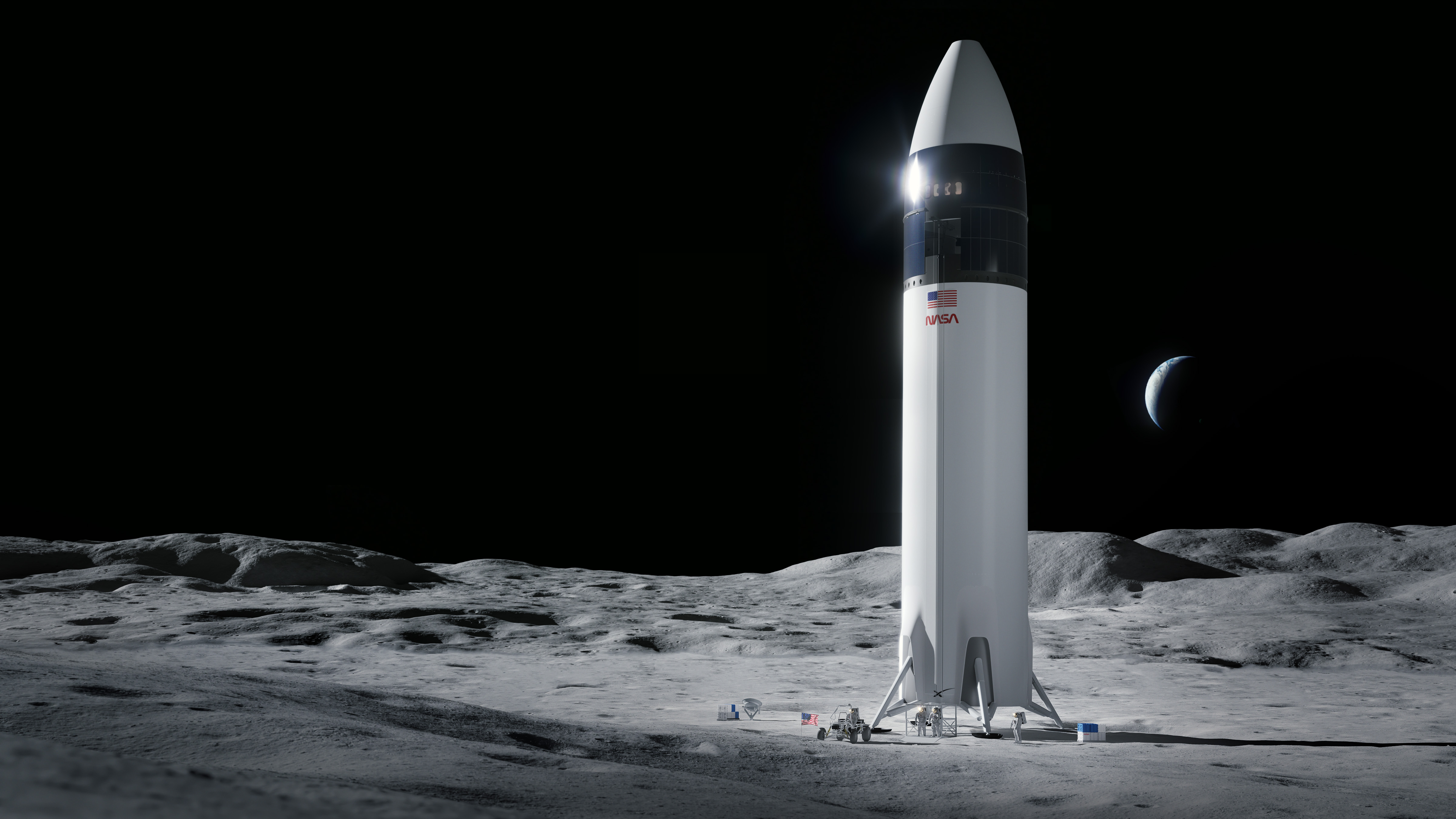
NASA halts human moon lander work with SpaceX amid Blue Origin lawsuit
By Meghan Bartels published
NASA must again stop work on its human moon lander partnership with SpaceX due to a Blue Origin lawsuit, further risking the agency's tight timeline to return astronauts to the moon.
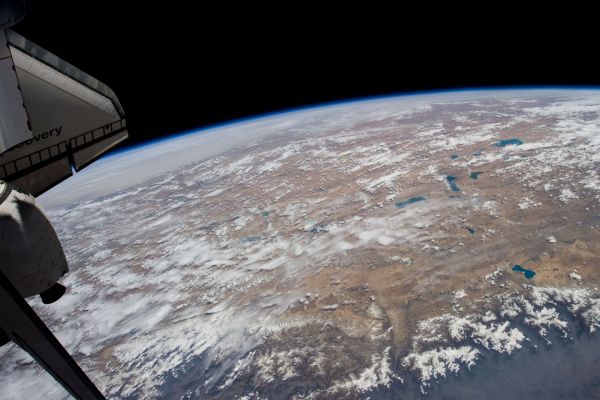
Chinese astronomers eye Tibetan Plateau site for observatory project
By Meghan Bartels published
Chinese astronomers hope to establish a major observatory program on the roof of the world, the Tibetan Plateau, with new research arguing for pristine observing conditions nestled in the uplands.
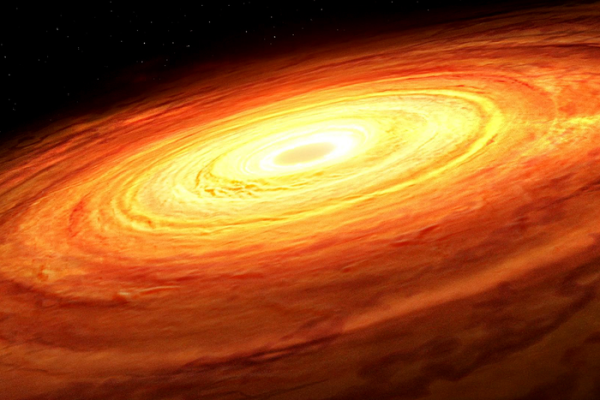
Black holes could give away their size by their 'messy eating'
By Meghan Bartels published
Astronomers think they have established a new way to calculate the size of supermassive black holes: by studying the feeding patterns of these invisible giants.
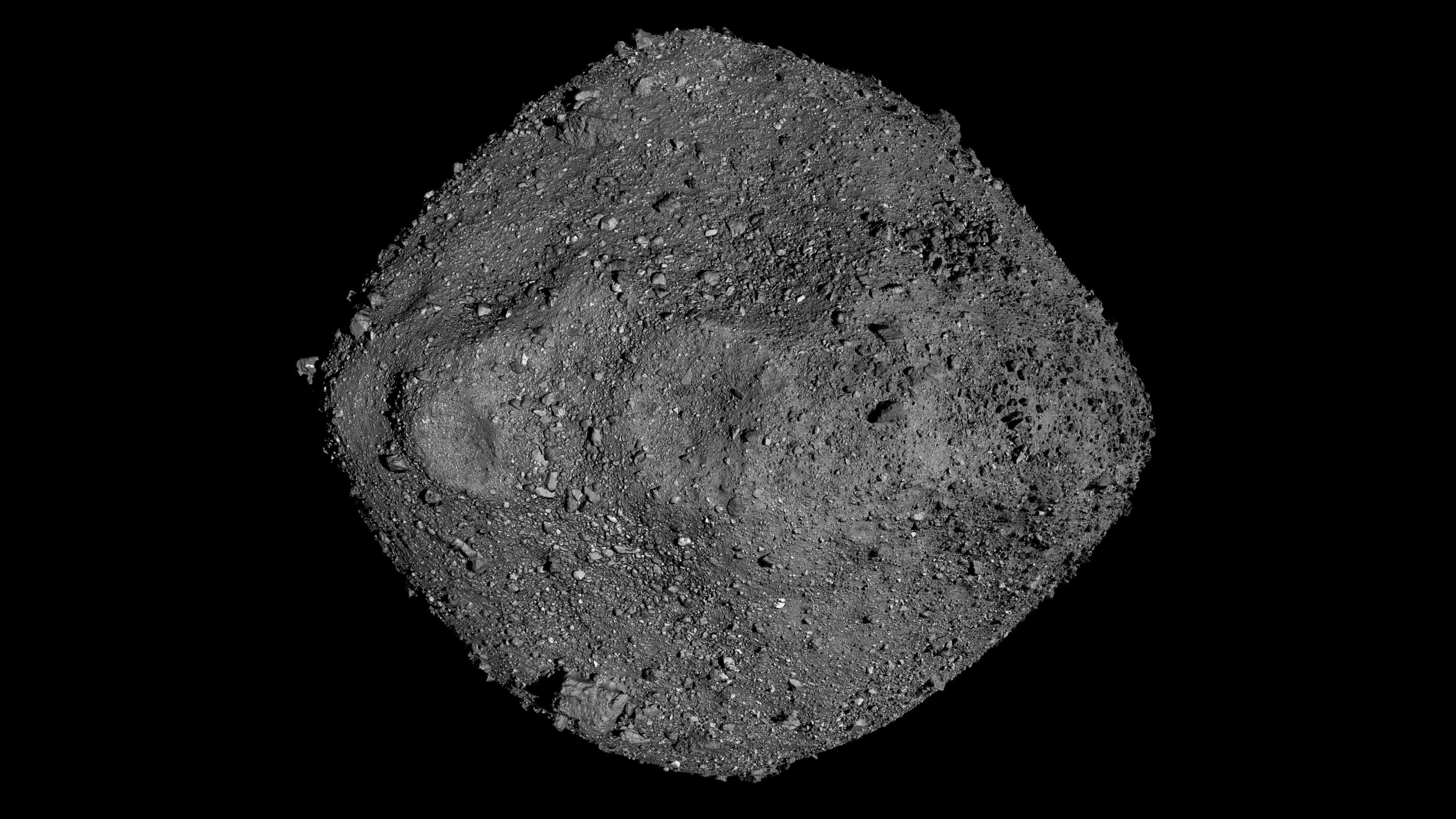
Scientists fine-tune odds of asteroid Bennu hitting Earth
By Meghan Bartels published
If the possibility of an asteroid called Bennu slamming into Earth a lifetime from now was keeping you up at night, NASA scientists think you can rest a little easier.
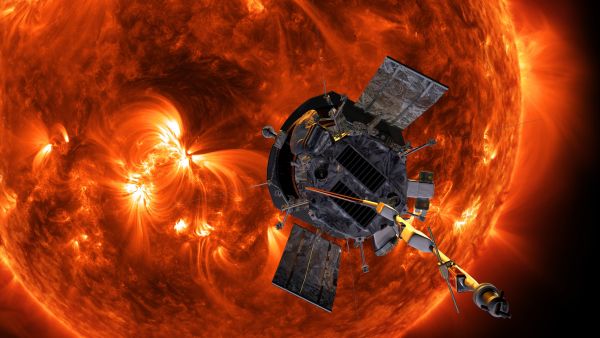
NASA sun spacecraft whizzes through 9th solar flyby
By Meghan Bartels published
NASA's sun-grazing spacecraft is making its ninth daring dive past our neighborhood star in a continuing quest to puzzle out secrets of how the sun works.
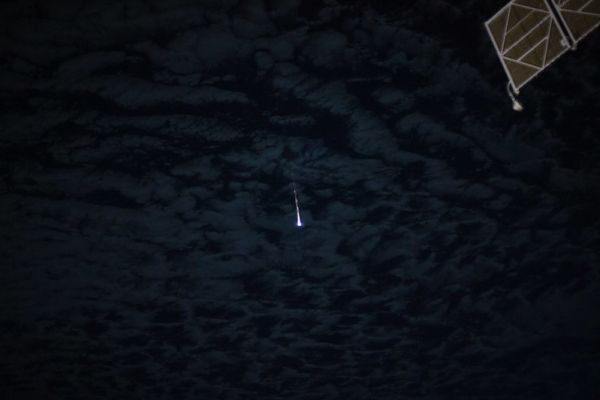
Astronaut watches Russian space station module fall from space in fiery demise (photos)
By Meghan Bartels published
On Monday (July 26), astronauts said goodbye to a cornerstone of the International Space Station and captured stunning images of the compartment burning up in Earth's atmosphere.

'Mercury 13' pilot Wally Funk will carry 60 years of history to space on Blue Origin flight
By Meghan Bartels published
When Amazon founder Jeff Bezos offered her a seat on the first crewed flight of his space tourism enterprise Blue Origin, it was an invitation aviator Wally Funk had waited six decades to receive.
Sign up for the Live Science daily newsletter now
Get the world’s most fascinating discoveries delivered straight to your inbox.
